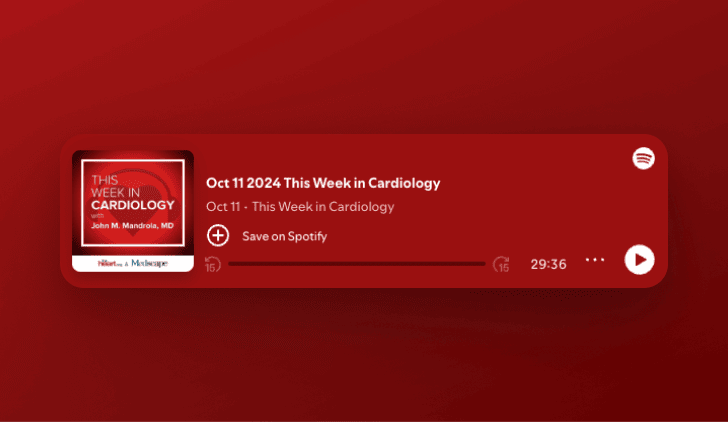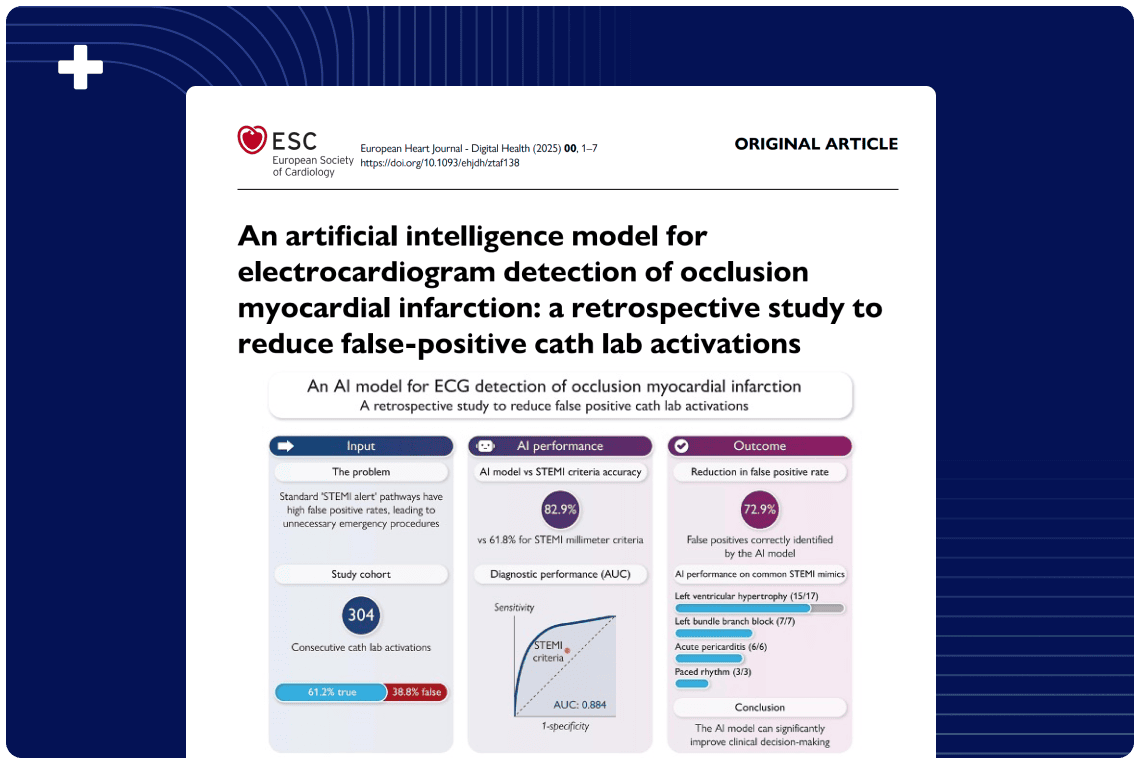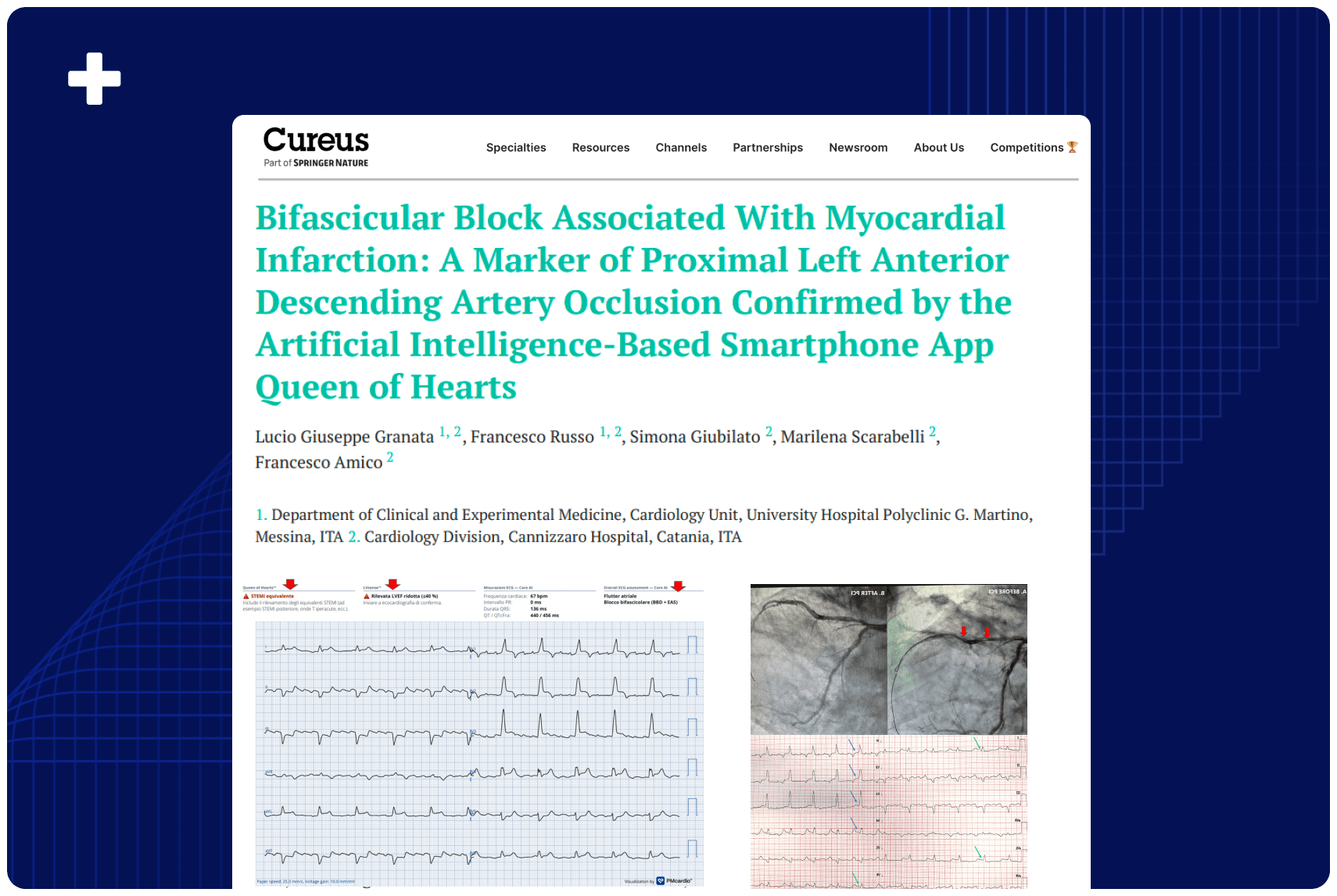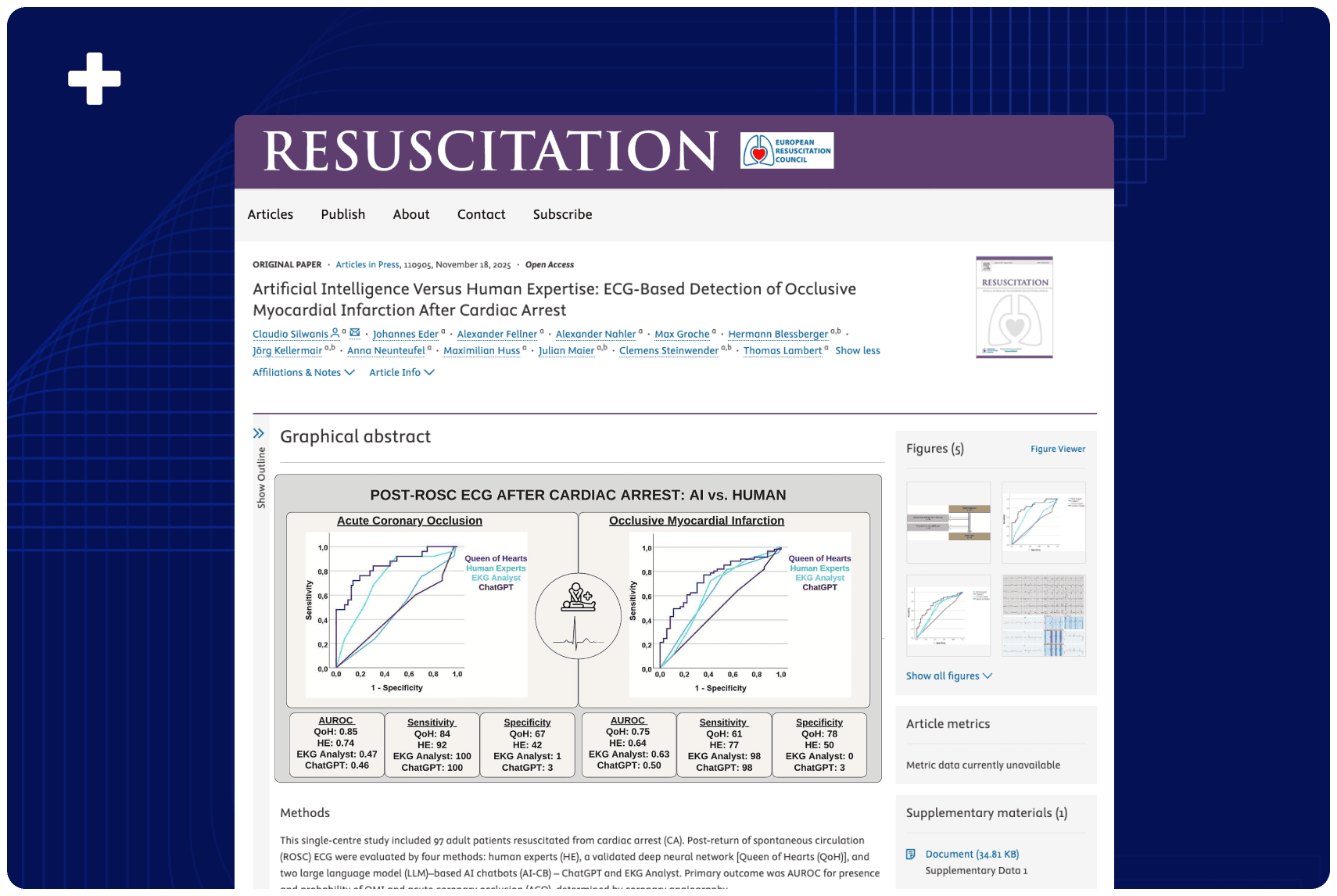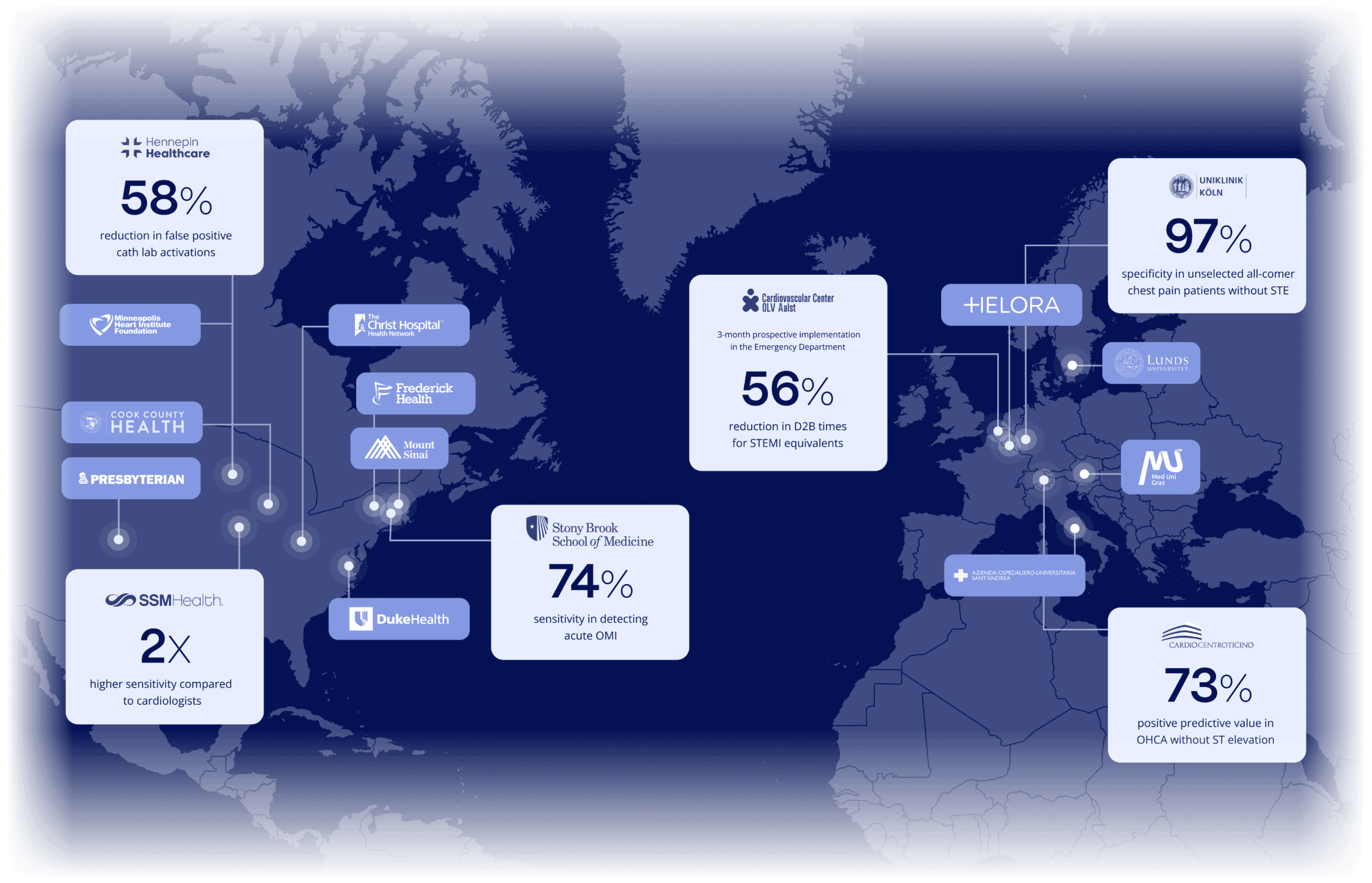Detect STEMI or equivalents with Queen of Hearts™
Detect true STEMI within seconds and avoid false activations. Clinically validated across 15+ studies involving over 10,000 patients.
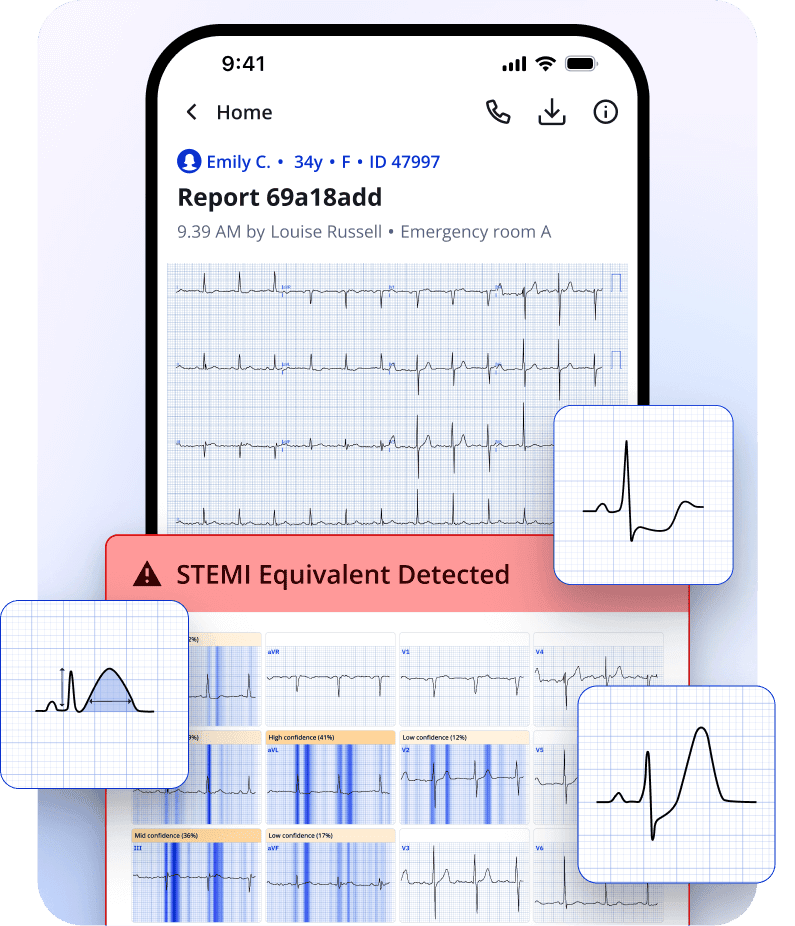


























50% of patients with active occlusion are missed

False positive cath lab activation
Frequent misdiagnosis of acute coronary occlusion

Delayed management of STEMI

50% of patients with active occlusion are missed
 False positive cath lab activation
False positive cath lab activation
 Frequent misdiagnosis of acute coronary occlusion
Frequent misdiagnosis of acute coronary occlusion
 Delayed management of STEMI
Delayed management of STEMI

Accessible Diagnostics for All
Why Queen of Hearts™ is Trusted by 100,000+ Physicians
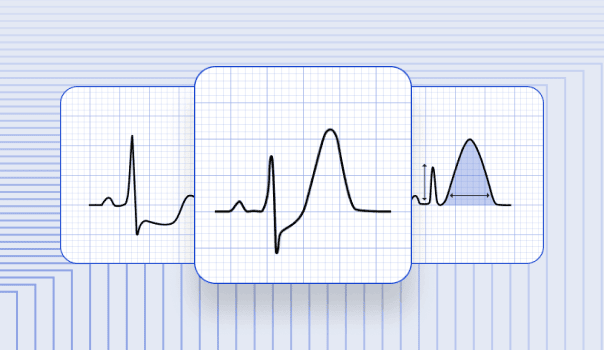
Detect Hidden STEMI Equivalents
Detect occlusive myocardial infarctions (OMIs) even without ST elevation. PMcardio’s Queen of Hearts™ AI model identifies life-threatening STEMI equivalents early.
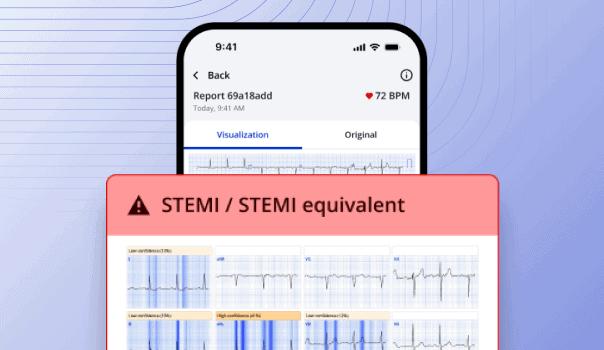
ECG AI Explainability Heatmaps (STEMI)
See why the AI flagged a result with lead-by-lead heatmaps that show which ECG features influenced the STEMI diagnosis
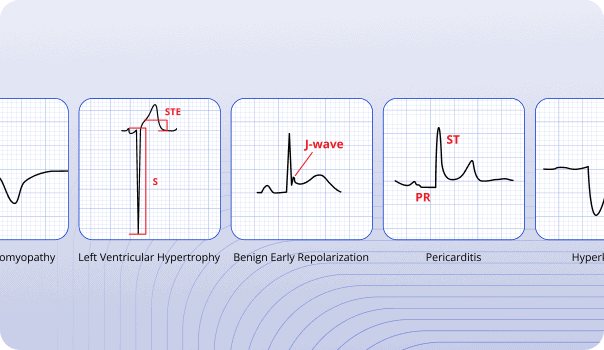
Differentiate True STEMI From Mimics
Distinguish true STEMIs from common mimics like LVH and benign early repolarization, reducing false positive cath lab activations by over 90%.
Trained on >2.5 Million ECGs
Built on a global dataset of chest pain patients, from prehospital to rural settings, with angiographic confirmation.
Accelerates STEMI Treatment
Cuts door-to-balloon times by >3 hours, enabling faster reperfusion for patients who need it most.
Clinically Validated in 15+ Independent Studies
Trusted by top hospitals. Backed by prospective and real-world evidence.
Clinically Proven to Improve STEMI Care
Validated in 15+ global studies, PMcardio STEMI AI consistently outperforms standard-of-care in STEMI detection and cath lab activation accuracy.
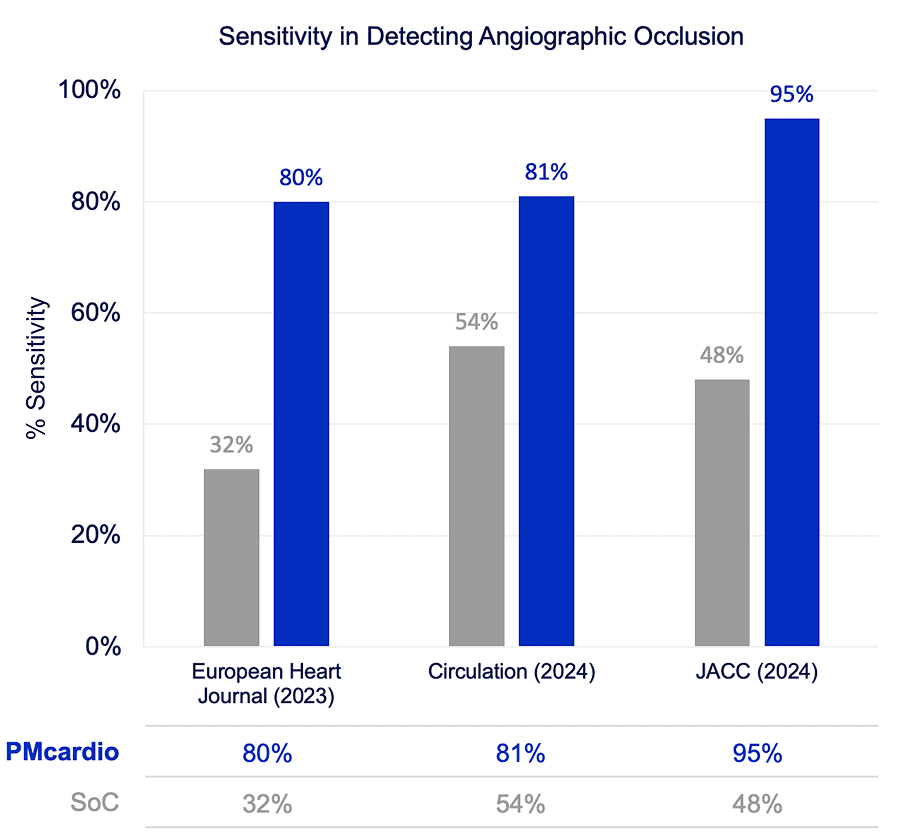
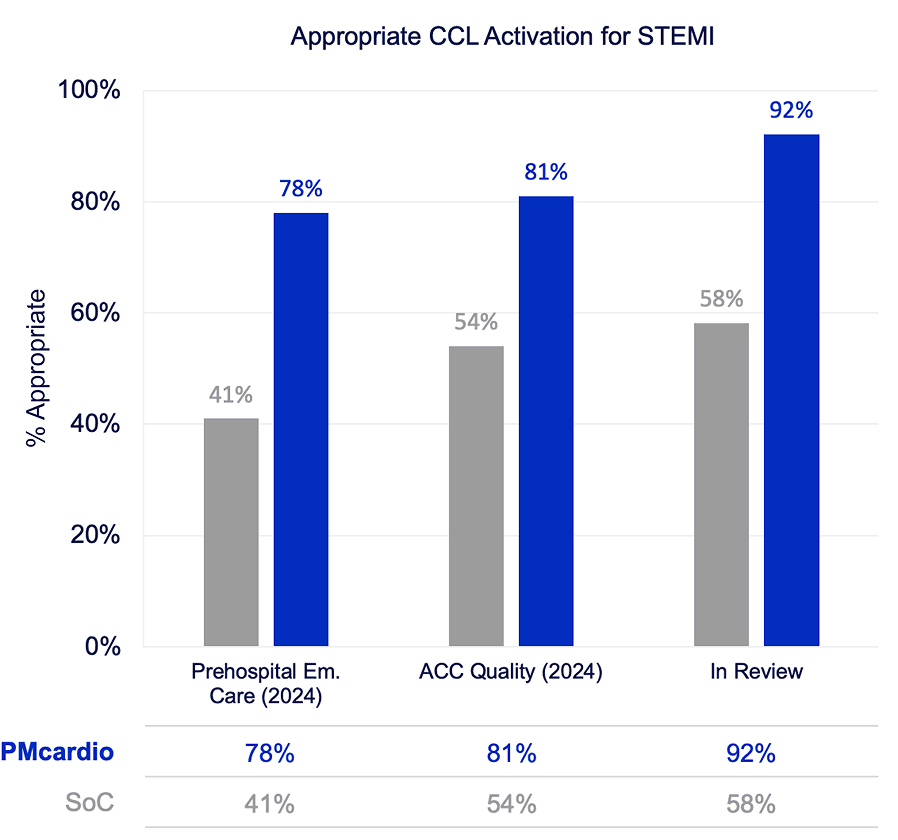
Validating STEMI AI with Real-World Science

Built for Healthcare Teams. Designed for Real-World Workflows.
PMcardio for Organizations brings instant AI-powered ECG analysis into your clinical systems — integrated with your EHR, optimized for fast-paced care environments, and trusted by top hospitals worldwide.
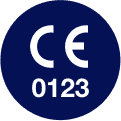
EU MDR
CE Marked

GDPR & HIPAA
Compliant

Enterprise-Grade
Security
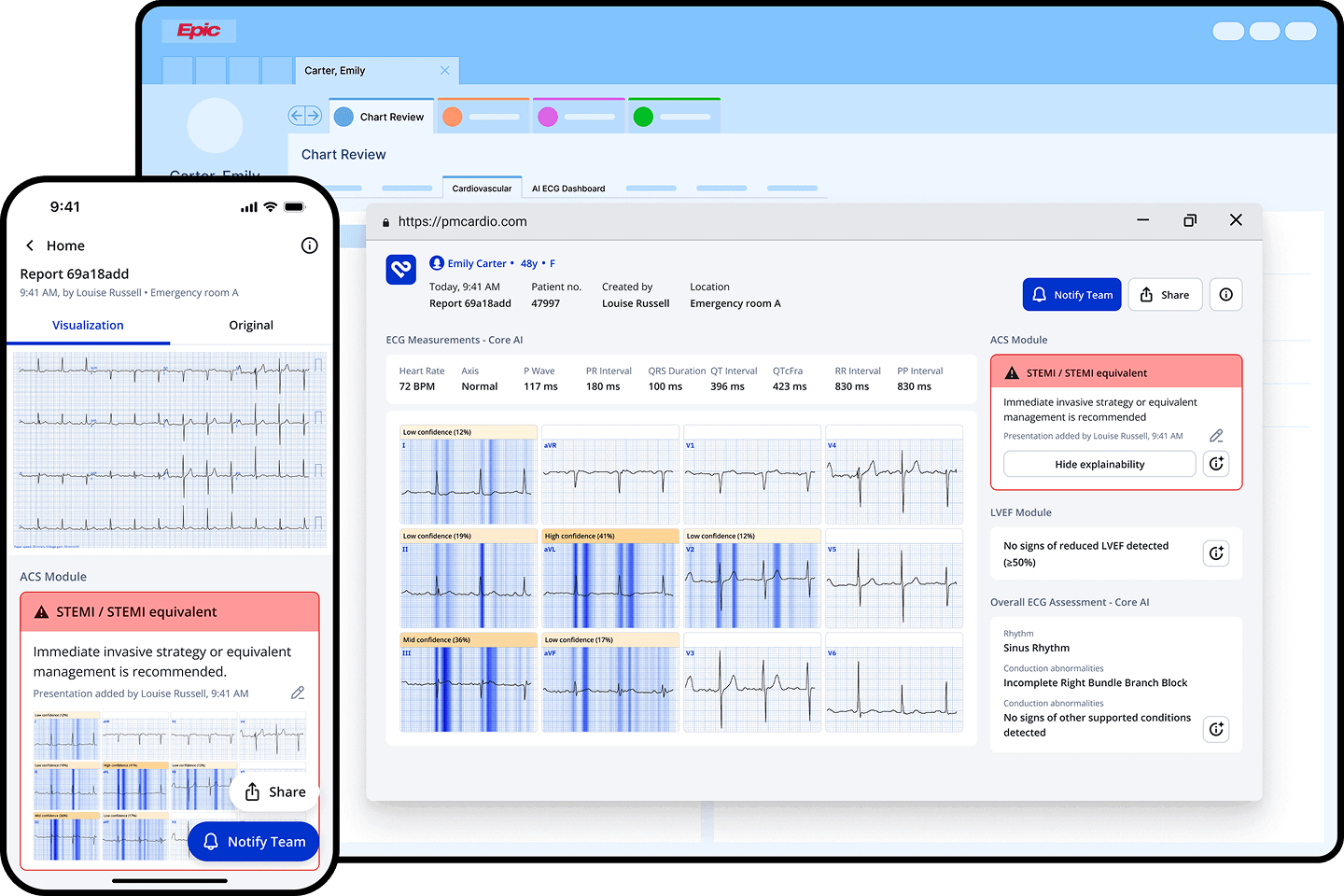
Helping Clinicians Diagnose ECGs With Confidence.


“PMcardio’s STEMI AI ECG Model leverages decades of our ECG morphology research to accurately distinguish acute occlusions from patterns which mimic them, going beyond mere ST-elevation analysis.”


”PMcardio has fundamentally changed how we manage chest pain in the ER. With AI support, my team and I feel more confident making critical ECG decisions within seconds, especially in the out-of-office hours.”


“PMcardio lets me know in seconds whether to head for the closest ED or drive straight to a primary PCI-capable cath lab. Getting a STEMI verdict at first medical contact saves those crucial minutes—and when it’s heart muscle on the line, every minute counts.”


“I feel so passionately that we should embrace the opportunity and adopt innovation like PMcardio that gives near-perfect accuracy for detecting diagnoses such as Atrial Fibrillation in primary care.”


“After implementing PMcardio, we noticed a clear drop in false cath lab activations. The AI accurately flags occlusions while minimizing noise from STEMI mimickers, saving time, resources, and spared patients unnecessary procedures.”
Try Queen of Hearts for Free
Join 100,000+ clinicians already using PMcardio to detect true STEMI and other heart conditions with AI-powered accuracy. Get instant access to PMcardio, designed for speed, simplicity, and clinical confidence.
No credit card required
5 FREE ECGs/month
Works with any 12-lead ECG image

Frequently Asked Questions
What is Queen of Hearts™ (QoH) AI?
Queen of Hearts (QoH) is a clinically validated AI ECG model designed to accurately distinguish true STEMI (requiring emergent cathlab activation) from common mimics such as benign early repolarization (BER) and left ventricular hypertrophy (LVH). It was trained on a global dataset comprising millions of ECGs from chest pain patients, with robust outcome labels based on biomarker rule-out or angiographically confirmed STEMI, including STEMI-equivalent patterns indicative of Occlusion Myocardial Infarction (OMI).
Can I try out the Queen of Hearts™?
Yes, the Queen of Hearts is built into the PMcardio platform, available for individuals or institutions.
Download the PMcardio app and get the Queen of Hearts AI interpretation on any image of a 12-lead ECG within seconds.
Is the Queen of Hearts™ certified for clinical use?
Yes — in certain regions. Queen of Hearts is Class IIb medical device, CE-marked under the EU Medical Device Regulation (MDR) and approved for clinical use through the PMcardio platform.
In other regions, such as the United States, where it recently received FDA Breakthrough Device Designation it is currently available for research or investigational use pending FDA approval.
For more information on regulatory status and compliance, please visit our Trust center.
Has the Queen of Hearts™ been clinically tested and validated?
Yes. The Queen of Hearts AI model is one of the most clinically validated cardiovascular AI tools to date, having undergone rigorous testing across diverse patient populations. It has been evaluated in thousands of real-world cases across North and South America, Europe, Asia, Australia, and Africa.
🔍 Key highlights from validation studies involving over 10,000 patients:
- 2× higher sensitivity than traditional criteria and standard-of-care interpretation
- 90% reduction in false cath lab activations due to common STEMI mimics
- 100% sensitivity for STEMIs that meet standard STEMI criteria
- Average of 48 minutes saved in door-to-balloon times following implementation
📊 Beyond observational data:
Queen of Hearts is currently the focus of multiple prospective clinical trials and randomized controlled studies (RCTs). These are being conducted across a range of clinical settings—including emergency departments, ambulance systems, and primary care—to further confirm its real-world impact, safety, and effectiveness.
Can I see how Queen of Hearts™ came to its conclusion? Is it explainable AI?
Yes. Powered by the exclusive ECGxplain™ feature, Queen of Hearts offers built-in AI explainability (blue heat maps).
The model highlights specific ECG leads and segments that had the greatest diagnostic influence and provides a confidence score for each prediction. This helps you understand the reasoning behind the output, making it easier to interpret.
Learn more about AI explainability here.
Can the Queen of Hearts™ reduce false activations of the cath lab?
Yes, while the Queen of Hearts increases sensitivity, it also improves specificity by differentiating true STEMI from common mimics with negative cardiac biomarkers such as benign early repolarization or left ventricular hypertrophy. That means fewer unnecessary activations and better focus on the patients who truly need urgent reperfusion.
For more information, the latest published evidence, and ongoing RCTs, please visit our Research page.
Who is liable if the AI makes a wrong call?
Queen of Hearts is a clinical decision support tool, not a standalone diagnostic system. Just like a lab value, guideline recommendation, or scoring system, it provides clinicians with evidence-based insights to support, not replace, their medical judgment.
The responsibility for final clinical decisions remains with the healthcare provider. Physicians are expected to consider the AI output in the broader context of each patient’s clinical presentation, history, and other diagnostics.
Can the Queen of Hearts™ be used with serial ECGs or to monitor ischemia over time?
Re-running Queen of Hearts on serial ECGs helps detect evolving ischemia or dynamic changes. Currently, the AI model analyzes each ECG individually and does not yet compare serial ECGs over time.
However, in a recent study, Queen of Hearts identified 100% of STEMIs on the first ECG, compared to just 40% with traditional STEMI criteria — highlighting its ability to detect early signs of coronary occlusion even without serial input.





